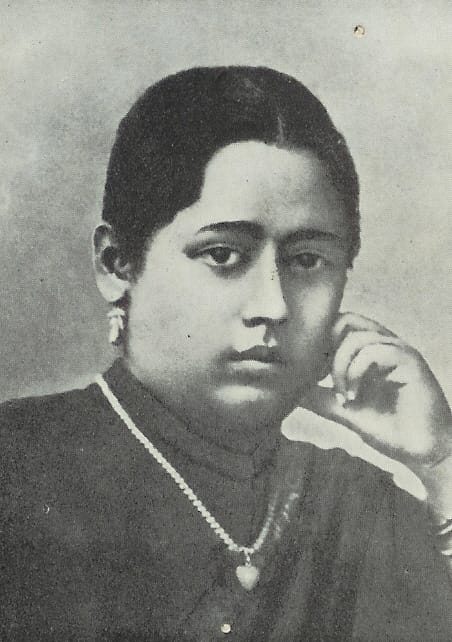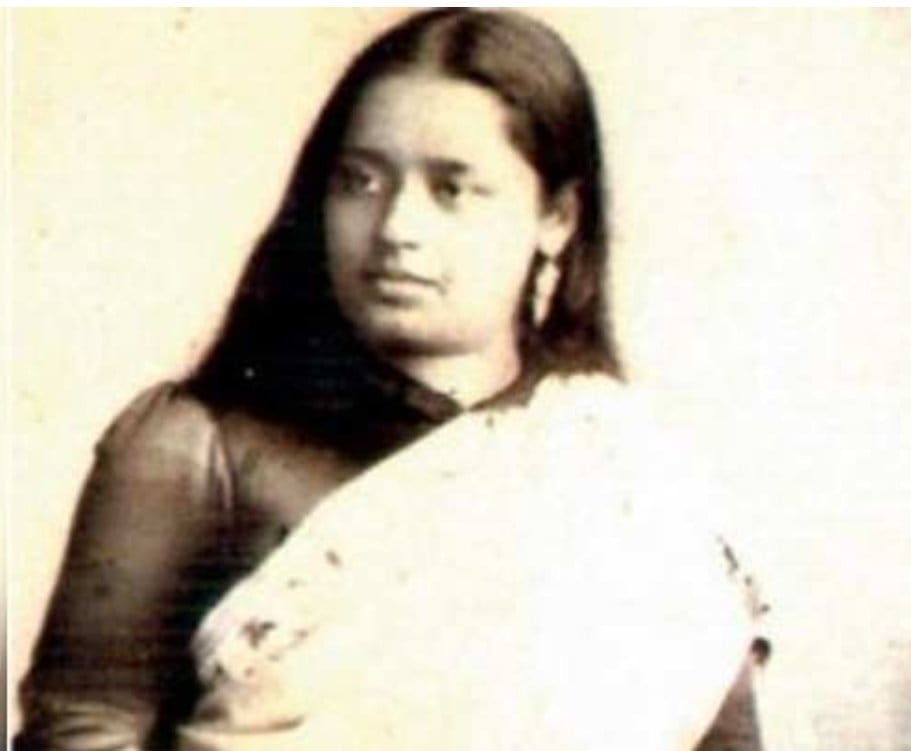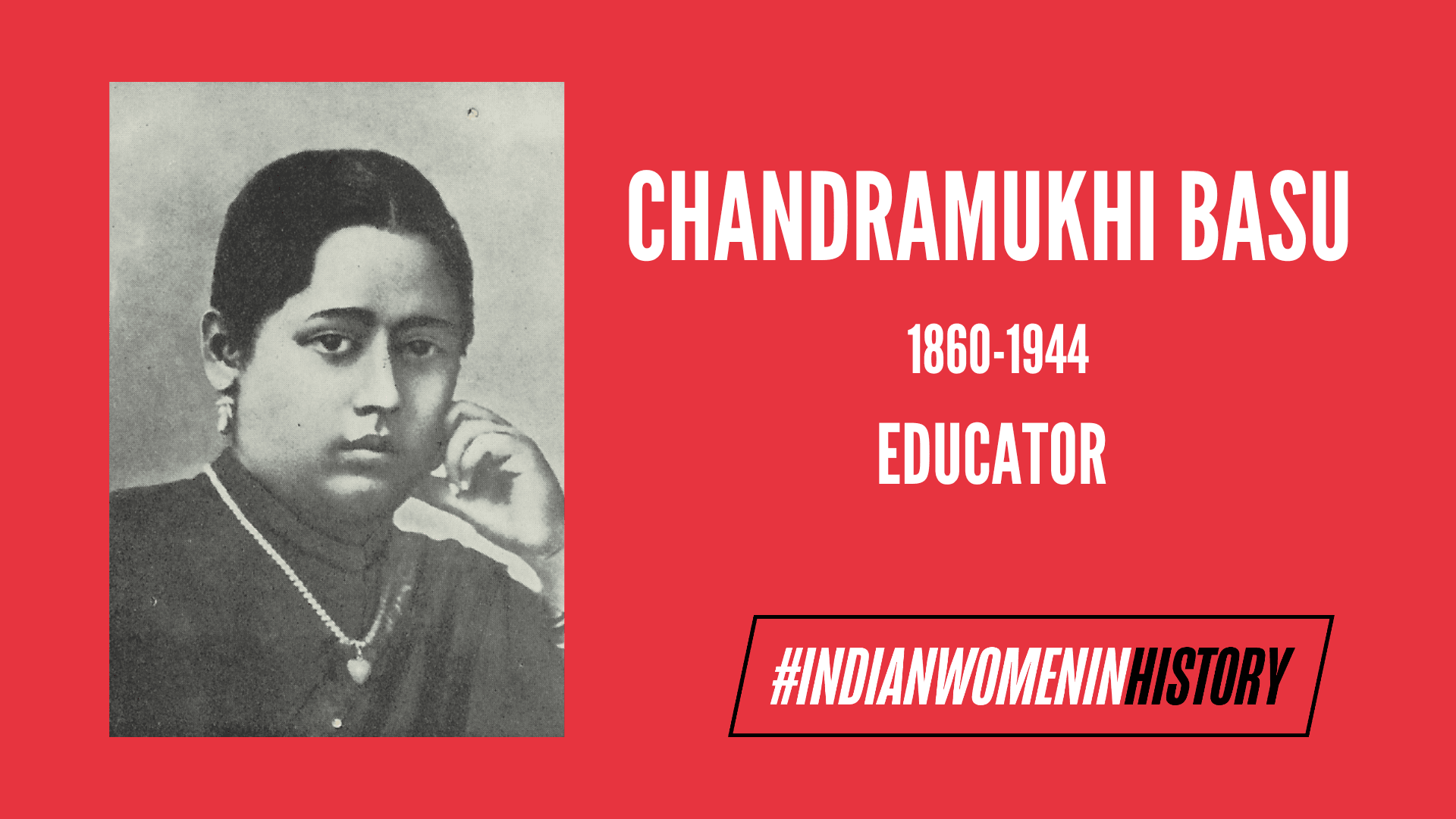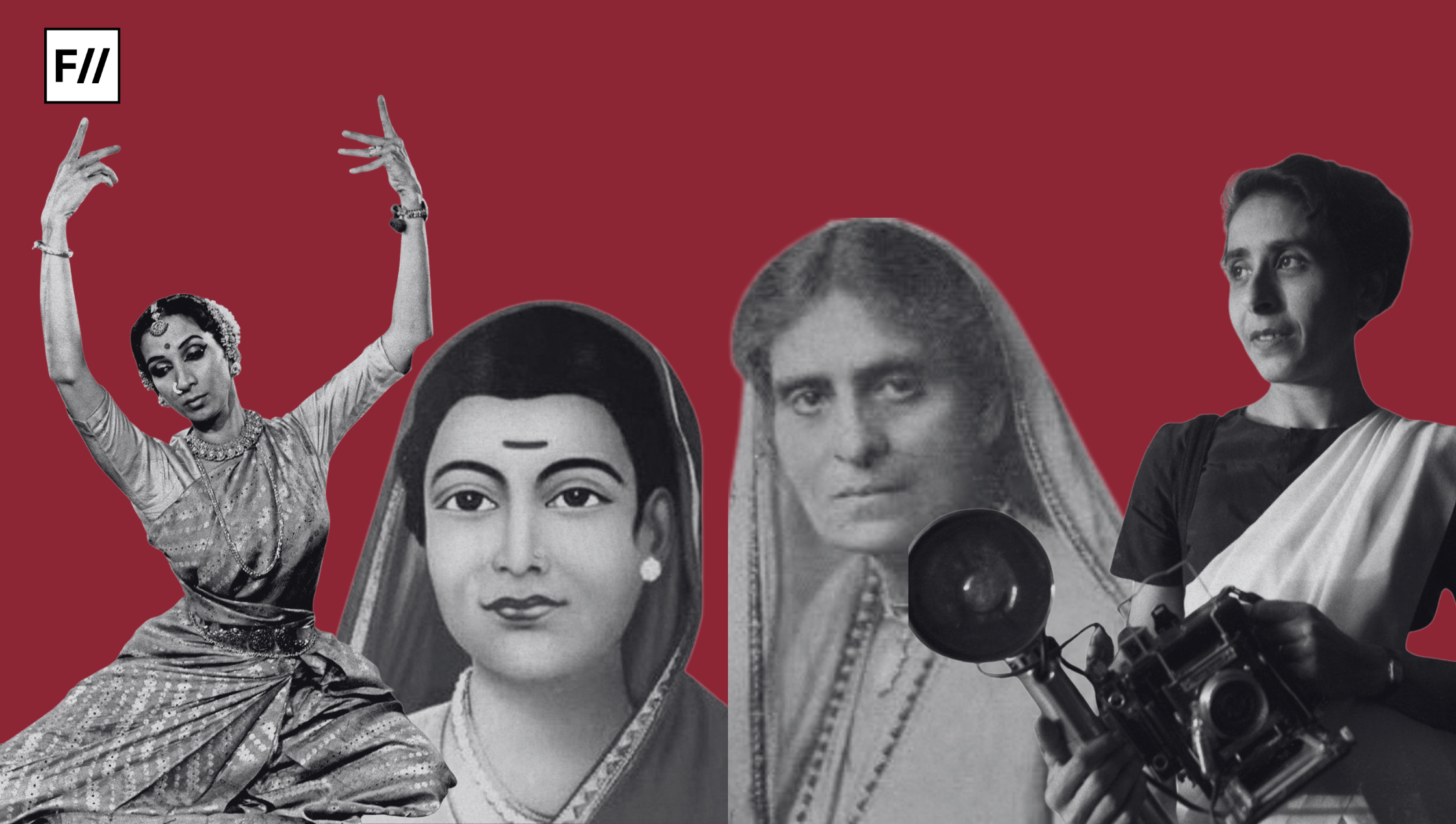Mainstream education highlights the Western feminist struggle (ever since the First Wave of struggle for political suffrage) with much detail, so much so that many essentialise to believe that countries like India struggled similarly too. Perhaps there were a few similar social institutions to struggle against, but the structural problems that Indian women (now historical pioneers in their sectors) faced were unique to India’s social and colonial framework.
The era of the 1860s was the peak of the Bengal Renaissance, a period marked by social reforms and missionary activity. It initiated debates on reforming markers of systemic inequality, like the practice of sati, remarriage for widows, and educating the girl child. This was also a time when British colonial institutions started cautiously opening up to Indians, although it remained patriarchally and racially segregated. Chandramukhi Basu became one among the first few women to gain a graduate education during this era. She went on to be known as a pioneer in education and an inspiration for several other women in history who wished to break systemic barriers.
Chandramukhi Basu’s hurdles in education
Chandramukhi Basu’s struggle to gain an education was marked by her navigation of the inequalities she faced at the intersection of religious policy and patriarchal norms. She was denied admission to Bethune College (a reformist institution known to take in Indians at that time) on the grounds that she was a Christian. Many schools refused to take her in, as her father (Bhuvan Bose) had been known to have converted to Christianity. Basu was finally enrolled at the Reverend Alexander Duff’s Free Church Institution. In 1876, she had to seek special permission to appear for the First Arts Examination under the University of Calcutta, as women were not formally allowed to sit for such exams.

She was known to have topped the examination merit-wise, but due to the gender discriminatory practices by the institution, the results of her release were delayed. The university refused to admit her as a successful candidate and did so only in 1878 when its resolution was changed to admit women. People assumed that the fear of backlash stemmed from a woman outperforming male students.
In 1882, along with Kadambini Ganguly, she gained admission to an MA in Bethune College. In 1884, she became the first (and only) woman to graduate and receive a postgraduate degree in the entire British Empire. Her educational trajectory was thus shaped by colonial scepticism, religious conservatism, and the absence of institutional frameworks for female education.
The birth of a legacy from struggles
In 1886, Chandramukhi joined Bethune College as assistant superintendent. She went on to eventually become the first Indian woman principal of a college in South Asia, a monumental achievement in a white-male-dominated educational administration. Chandramukhi Basu proved that women can achieve great heights in education—something they achieved much before gaining political rights. Her simple act of enrolling and taking up a position of leadership and power proved to be a resistance against those who believed women cannot do so. In this way, she chose to navigate complex colonial bureaucracies in an era where she had to subvert social expectations of domesticity.

Her success in her professional career was also symbolic. She went a step ahead from simply participating in education to administering it. Her work greatly expanded the contours of acceptable female professionalism in 19th-century Bengal. She proved that women can be on par with men in managing, administering and teaching in education.
Apart from her religious identity, she also had to manage the societal expectations set by members of her class, Bhadramahila (a term representing those considered to be educated, privileged, ‘upper,’ caste women). She represented a shift in the class engendered expectations of a woman: from being expected to be a homebound and obedient wife/daughter to being a public-facing, intellectual woman. Chandramukhi went on to inspire many other women after her, who each became teachers, professionals, activists and leaders. She inspired her own sisters Bidhumukhi Bose and Virginia Mary to go to college so much that they became a few among the first few women to graduate from Calcutta Medical College.
The lasting Impact of her work
Chandramukhi Basu’s professional life represented an early turning point in the landscape of women’s education in India. At a time when the public and professional sphere was nearly monopolised by men, her rise to the position of the first Indian woman principal of Bethune College, apart from being symbolic, challenged the long-held notion that women were unsuitable to hold administrative or scholarly positions. She set a precedent that would extend throughout subsequent decades and would encourage more women to not only become teachers, but also administrators and policymakers as well. Her societal impact was so profound, especially among women of her caste and class (the aforementioned Bhadramahila). These women, under pressure from society to fit into domestic roles, considered women like Chandramukhi, living examples of how intellectual ability, moral correctness, and public professionalism can coexist for a woman in their society— something they aspired to be. She came to symbolise what it meant to be “a modern Indian woman” in an era when that very construct was being navigated among colonial power, nationalist feeling and patriarchal norms (both Western and Indian).
Basu undermined colonial and Brahmanical ideologies that portrayed women as intellectually inferior and went against gendered discourses that traditionally barred women from receiving elite education. Her lifetime’s work is a reminder that women’s movements in India have always been shaped by intersections of caste, religion, and colonial structures, and that resistance had to come through subversion from within. Further, her public profile and social position as a Christian woman in a Hindu-dominated society provided a template for navigating religious marginalisation in elite circles. Having been refused access to Bethune School on the basis of religion, her subsequent appointment as the school’s very own principal years down the line was not merely an individual victory; it was an act of powerful reclamation.
Chandramukhi Basu’s scholastic success, achieved by considerable struggle, was an inspiration to generations of Indian women who did not merely aspire for literacy but for authority and dignity in education systems. The very institutions we take for granted today, like women’s colleges, teachers’ training colleges, and school boards with women in charge, sit on the shoulders of women like her. She has directly contributed to the making of the norm of women employed in professional academic work and the demystification of the ambition of women in the public arena.
While Western feminists struggled with suffrage, women such as Chandramukhi were fighting for something far more foundational: the right to take an exam, publish their results, get into a classroom and to instruct in one. As we traverse contemporary university campuses on which women are vice-chancellors, professors, and scholars, it is important to remember that these doors were not open to us by default. They were opened by women like Chandramukhi Basu, who stepped through them first, frequently alone, under great scrutiny and with iron will.
About the author(s)
Lakshmi Yazhini is a post graduate student, pursuing an Integrated Masters in Development Studies, at the Indian Institute of Technology Madras. Based in Chennai, Yazhini has an avid research interest in the intersectionality of feminist geography and the state, in peripheral cities. In her free time, she likes to bake, do yoga, read fiction and pen down her thoughts in her journal (which are most often about the micro inequalities around her). Yazhini hopes to explore, write and make a difference about these as a policymaker some day.





